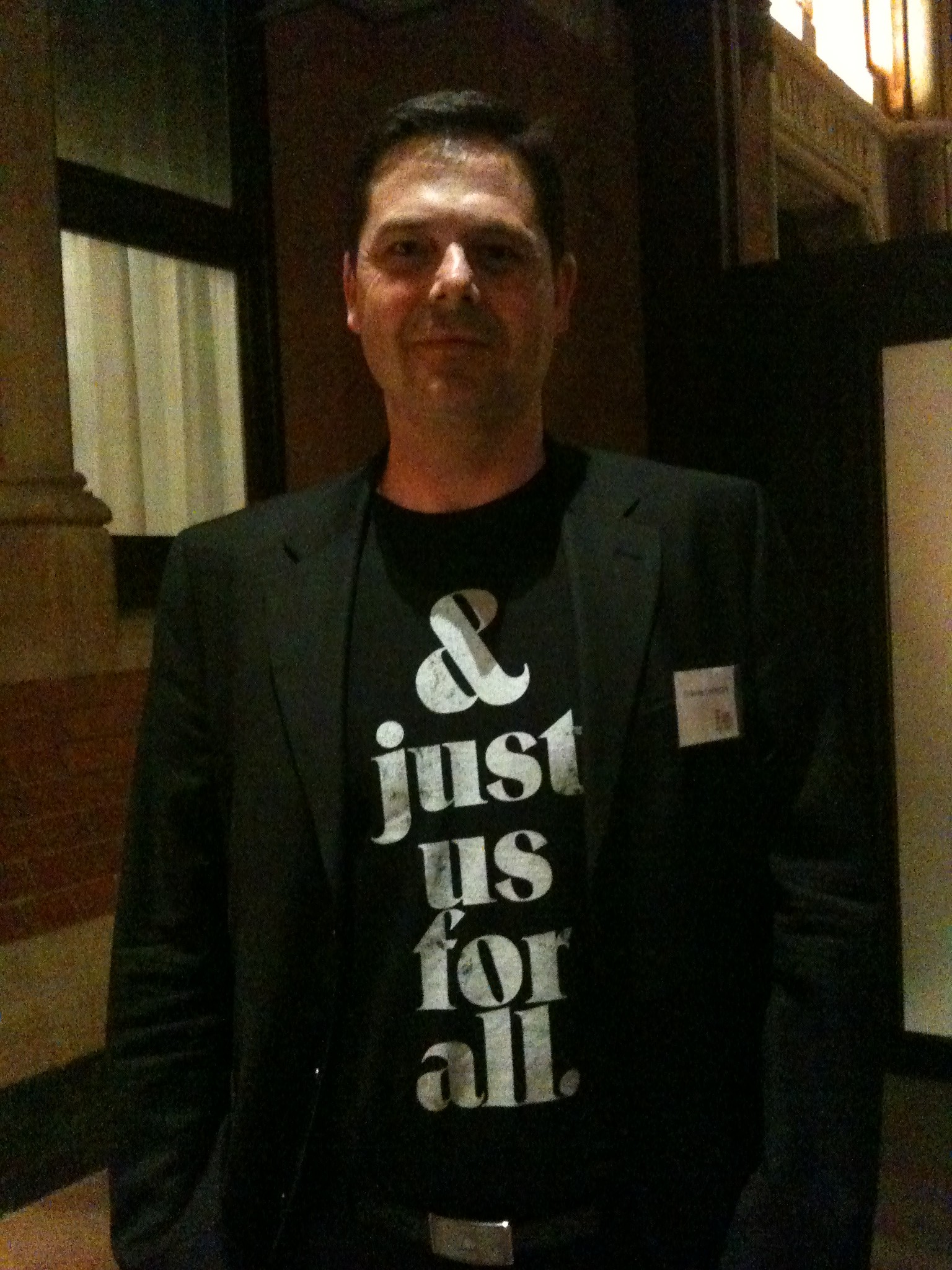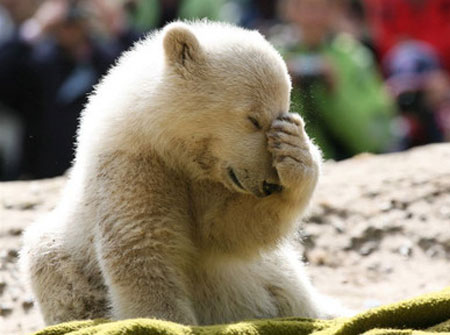I don’t think we should. I think this is a moment to show the world how different Christian faith is – and what a difference Christ makes in the world. By the way, I don’t think the world is a safer place tonight. At least in the near future it’s just got a little bit scarier – especially since I am planning four trips to the USA in the next six weeks.
Two articles published today in Christianity Today helped me to think through this issue a bit more thoroughly, and I recommend them to you.
Firstly, Gideon Strauss, CEO of the Center for Public Justice, argues that “Yes, Justice Has Been Done in the Killing of Osama bin Laden”, but our response as Christians must be marked by knowledge of our own depravity. Read his article here.
His points are Biblical and theological. Proverbs 24:17 says: “Do not rejoice when your enemy falls, and let not your heart be glad when he stumbles.” And Ezekiel 18:23: “Have I any pleasure in the death of the wicked, declares the Lord God, and not rather that he should turn from his way and live?”
He understands that we have a desire for retribution, and acknowledges that God understands this (see Psalm 137). “But beyond this immediate response, understandable as it is, I believe it is necessary for Christians to pause, and to consider the death of Osama bin Laden within the deeper perspective of human sin and divine grace. In the end, no death should give us pleasure…. Our best next response, I believe, to the news of Osama bin Laden’s death, after we have sought our own hearts for the wickedness that resides in all of us, and have thanked God for his amazing grace that has rescued us from our own evil, is to join President Obama on May 5, this year’s National Day of Prayer, ‘in giving thanks for the many blessings we enjoy’ and ‘in asking God for guidance, mercy, and protection for our nation.’ And perhaps we can add a prayer for our enemies, that God may win them to himself and in his own good time bring into the relations between this nation and those who now seek her destruction some foretaste of the just peace of his world to come.”
But an even more profound response was written by Michael Horton, Professor of Systematic Theology and Apologetics at Westminster Seminary, CA. He titled it: “The Death of Osama bin Laden: What Kind of Justice Has Been Done?” The news should again remind us of the difference between the City of Man and the City of God. You can read it here, or an extended extract below.
Continue reading Should we celebrate Osama bin Laden’s death?

 On Monday night I attended the global launch event of the “
On Monday night I attended the global launch event of the “
